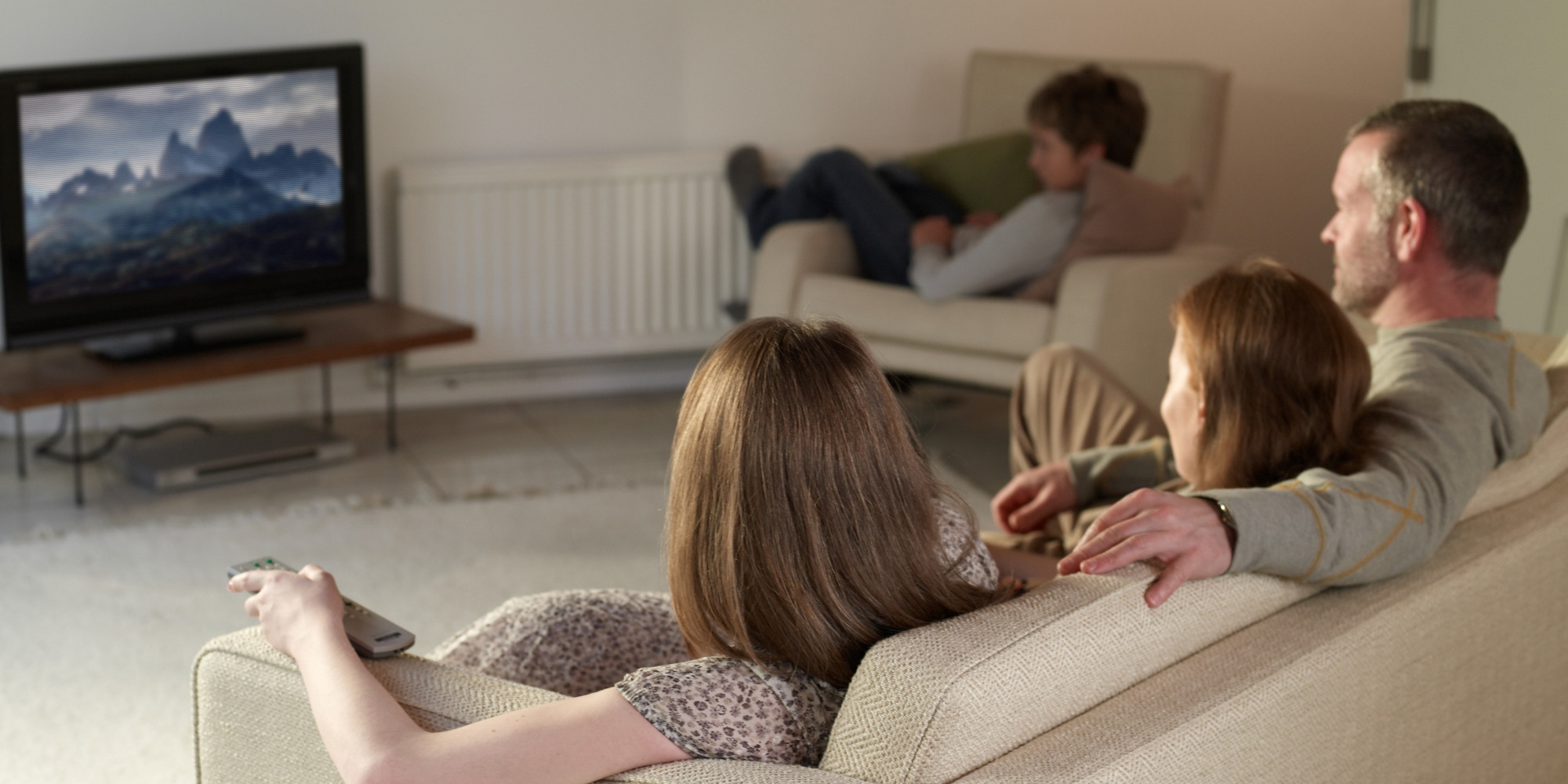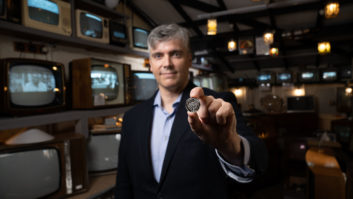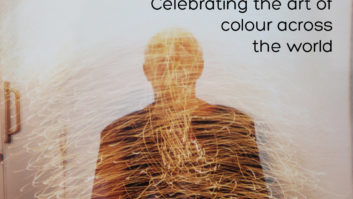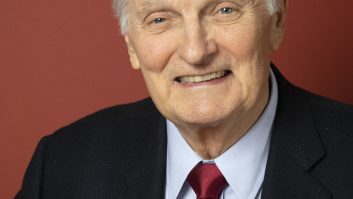
In 1996, the United Nations proclaimed 21st November as World Television Day.
While the TV landscape has undergone fundamental change in the last 21 years, TV remains an important part of people’s lives around the world.
World Television Day is supported by the Association of Commercial Television in Europe (ACT), egta, the association of television and radio sales houses, and the European Broadcasting Union (EBU).
Roberto Suarez Candel, head of media intelligence service at the EBU, told TVBEurope it’s important to celebrate the role TV plays in our lives. “It has been important in the past as a source of information and it continues to be as media consumption numbers reveal that people are still watching television. So having a day to celebrate what this industry does for society is an important thing.”
“Nowadays it’s often said, people don’t watch TV, just on demand. But what we watch on demand is still TV,” insisted Suarez Candel.
“Also, people are consuming more and more media, they’re spending more time consuming media. We see that the minutes people invest in watching TV continues to remain quite stable, for example the average TV viewing per day in 46 markets in the EBU in 2016 was three hours and forty minutes and this was the same as in 2010. Why is that? Well I think that TV offers viewers so many different types of content – from information to entertainment to sport.”
Suarez Candel said the rise of Netflix, Amazon and other on demand platforms can be seen as a threat to traditional broadcasters, but it’s important to remember the different types of content public service broadcasters and commercial broadcasters offer their audiences, “TV offers viewers local content and national content,” he said. “In Europe it’s very clear audiences are looking for national content – audiences are national, so national broadcasters are important in people’s lives.
Trust is also important,” he continued. “Yes, people are using the internet a lot, they’re looking at social networks for news. But when you ask people how much they trust types of media it’s interesting to see the most trusted across Europe is radio, followed by TV.”
“So there are many elements why viewers have not tuned away from TV.”







